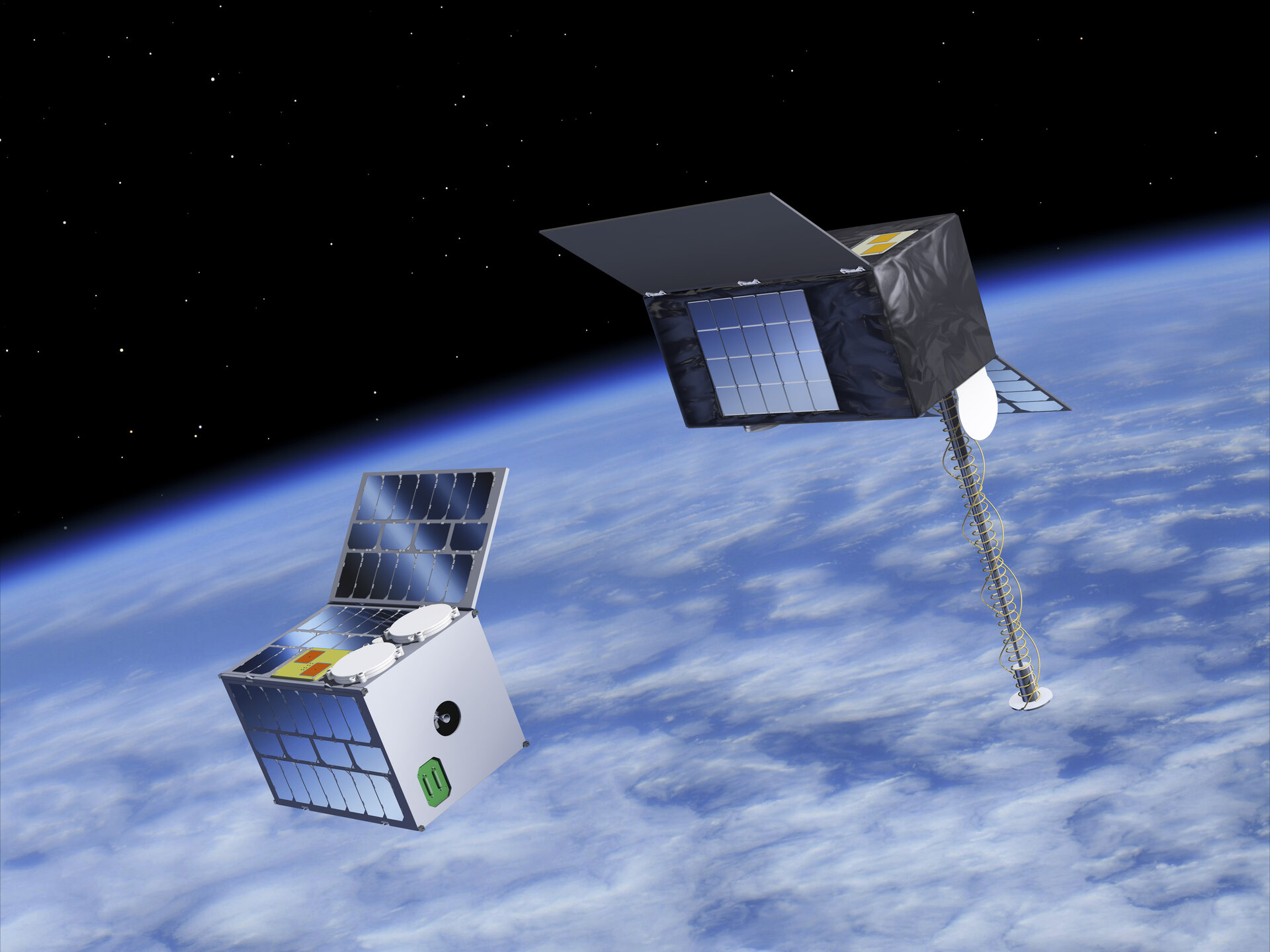The European Space Agency (ESA) has initiated two innovative navigation missions, Genesis and LEO-PNT, as part of its FutureNAV program, with contracts totaling €233 million awarded to several European entities.
This strategic move is aimed at addressing the growing demand for more resilient and precise navigation solutions in Europe.
ESA has signed a contract with Thales Alenia Space to deliver an end-to-end solution for the LEO-PNT orbit demonstrator.
This contract includes the space (5 satellites to be launched), ground and user segments, the in-orbit operations (including deorbiting), the launch, the test user segment, experimentation, and service demonstration in different industries’ representative user environments.
Francisco-Javier Benedicto Ruiz, Director of Navigation, ESA, highlighted the significance of these missions in meeting the burgeoning needs for enhanced navigation and ensuring Europe’s leadership in the vital space-based downstream market.
LEO-PNT Constellation for Future Applications
This LEO-PNT constellation will work in combination with Galileo and other satellite navigation systems to provide guaranteed centimeter location accuracy, robustness, resistance against jamming and spoofing as well as low latency (very fast acquisition).
LEO-PNT will thus allow to serve emerging applications such as high-level autonomous cars including persistent coverage in dense urban areas, unmanned aerial and maritime vehicles, or 5G/6G ground telecommunication network synchronization.
Adding a LEO-PNT constellation layer to the Galileo GNSS, combined with improved user receivers, will unlock new applications and economic growth while bringing essential environmental benefits reducing CO2 emissions through fuel saving and a more efficient energy network.
By launching the first European LEO-PNT demonstrator, ESA is demonstrating the leading position of European agencies and industry in the development of future operational space programs that will revolutionize tomorrow’s world.
“The strong support from CNES French Space Agency completed by Italian Space Agency contribution are demonstrating the key innovative and strategic character of this project for the future. Thales Alenia Space will re-enforce its capabilities in new space navigation solutions and small satellites systems with this demonstrator, and support the design of the next evolution of satellite navigation,” Herve Derrey, CEO, Thales Alenia Space.
Thales Alenia Space’s Role in Developing LEO-PNT
Thales Alenia Space in France and Italy is leading the program, supported by nanosat industries in Europe, mainly based in Spain and Germany. Telespazio will be involved in providing its expertise to support the operations and the performance analysis of the system.
LEO-PNT will benefit from Thales Alenia Space’s strong expertise as the leader in the navigation domain from EGNOS to Galileo Second Generation as well as from its heritage acquired through Native Positioning System or IOT Programs such as ARGOS, Angels, Kineis or Omnispace.
Thales Alenia Space will also capitalize on its strong partnership experience with Newspace actors, leveraged to introduce new entrants into this field.
Their solution will also capitalize on Europe’s dynamism in micro-launch vehicles, helping to secure Europe’s strategic access to space.









